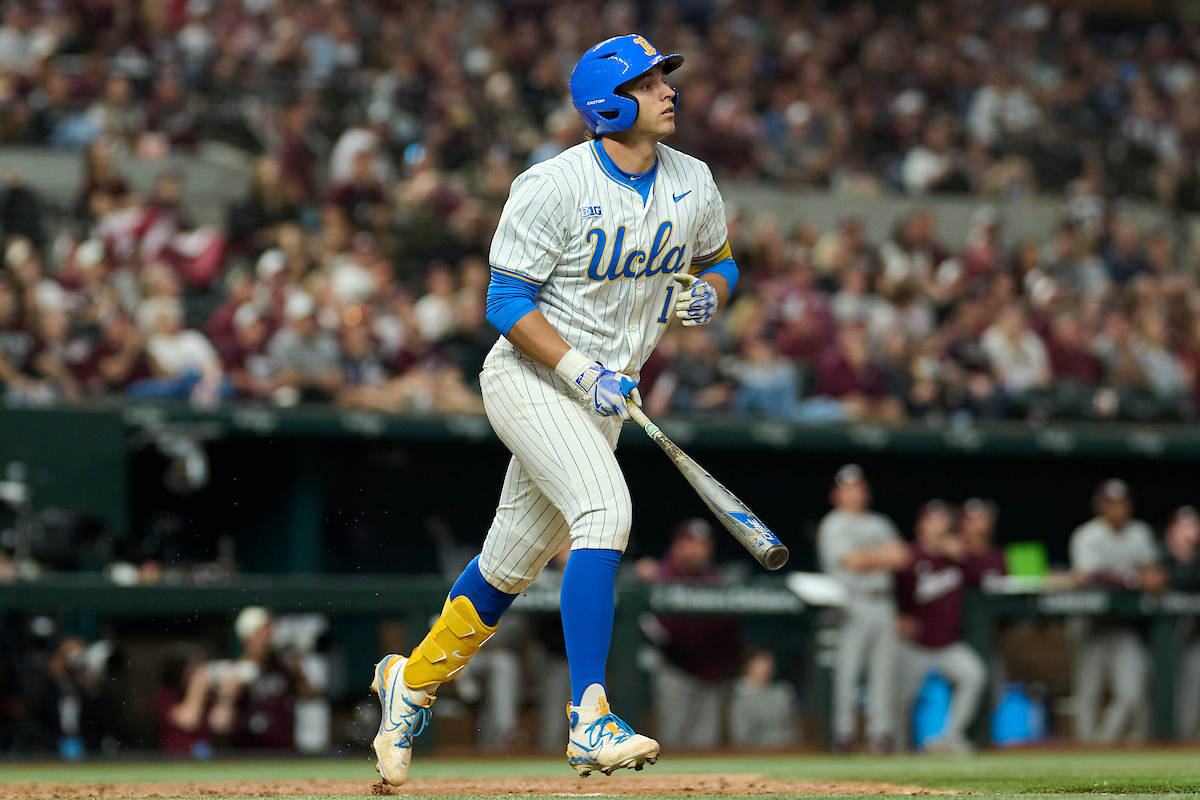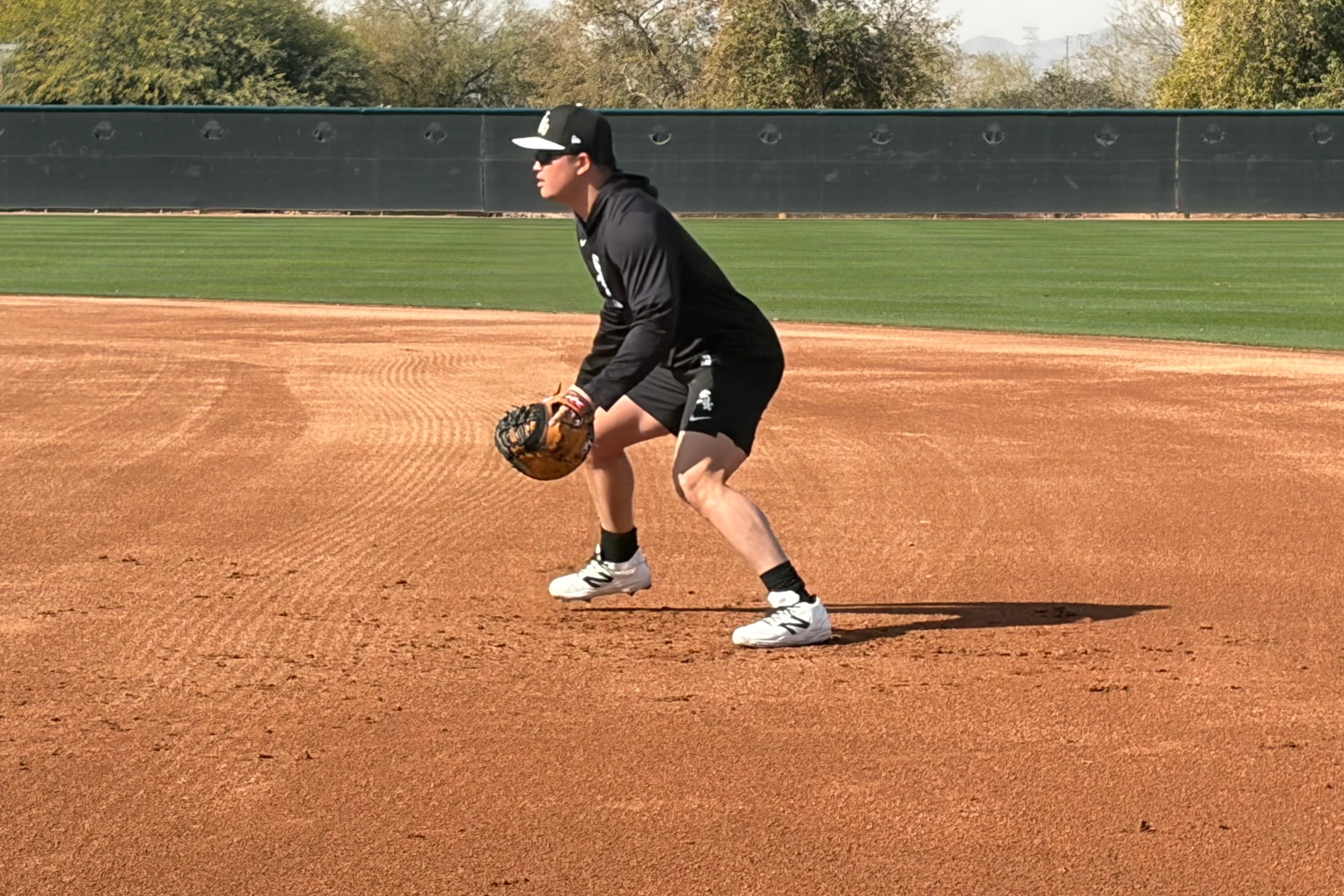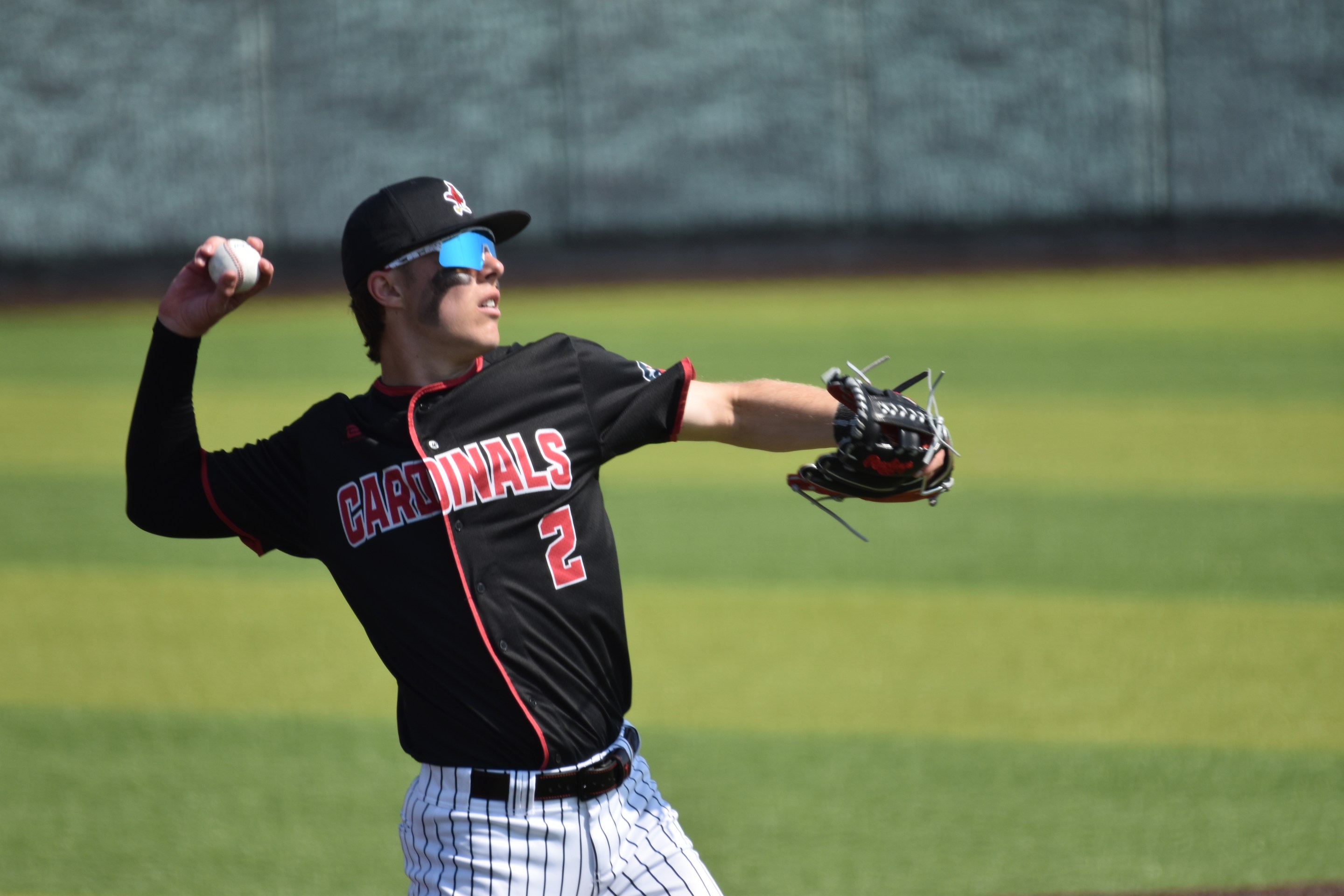Last year, the White Sox did as much as any team to keep the Indians from reaching the postseason for a fourth consecutive season. They took 11 of 19 games from Cleveland, sealing the season series with Ross Detwiler beating Shane Bieber, then burying them with an 8-0 shutout during a bullpen game.
Following those setbacks, Cleveland catcher Roberto Perez issued a comment on the series that sounds positively quaint now.
“They don’t have anything to lose, man,” said catcher Roberto Perez, when asked about the White Sox. "They play us well. They always have.
“Losing two out of three (to Chicago), we cannot do anything about it now. They have a great team over there, man. They have good guys. I mean guys that are having great seasons. They just play us well.”
A year later, the same can be said about the Indians. With a modular, stackable lineup and a rotation full of righties who can locate a breaking ball down and away, Cleveland's roster might be incomplete, but it's a complete pain for the equally flawed White Sox to deal with. The Indians took eight of 10, and so last year's gains in the season series proved temporary.
| Year | Wins | Losses | RS | RA |
|---|---|---|---|---|
| 2011 | 11 | 7 | 91 | 81 |
| 2012 | 11 | 7 | 120 | 72 |
| 2013 | 2 | 17 | 57 | 118 |
| 2014 | 9 | 10 | 71 | 78 |
| 2015 | 10 | 9 | 73 | 66 |
| 2016 | 8 | 11 | 79 | 88 |
| 2017 | 6 | 13 | 53 | 92 |
| 2018 | 5 | 14 | 50 | 104 |
| 2019 | 11 | 8 | 88 | 79 |
| 2020 | 2 | 8 | 30 | 41 |
| Total | 75 | 104 | 712 | 819 |
Perez's evaluation of the White Sox wasn't entirely outdated. They did play the Tribe tough in 2020, holding late-inning leads in four of their eight losses, but that only serves to make the outcomes tougher on the Sox. It's hard to lose 80 percent of games while allowing just 4.1 runs per, but they managed to find a way by averaging a mere three runs a game themselves.
One could call it bad luck, but it's not even the worst showing by a White Sox offense against the Cleveland staff over the course of the decade. In fact, the Sox have been held to three or fewer runs per game in four of those seasons.
- 2018: 2.63 runs per game
- 2017: 2.79 runs per game
- 2013 and 2020: 3.0 runs per game
Rick Hahn is going to have to keep these struggles in mind heading into the 2020-21 offseason, because while the Indians might be trying to retool on the fly, their staff is going to be more of the same, and as we saw this year, that's sometimes enough to get it done four times over.
For the time being, the White Sox will have to hold onto their butts. They hold the tiebreaker over the Twins, but they no longer control their destiny if they remained tied with the Tribe.
Series recaps: Minnesota | Detroit | Kansas City
THE GAMES
- July 28: Indians 4, White Sox 3
- July 28: Indians 5, White Sox 3
- July 29: White Sox 4, Indians 0
- Aug. 7: White Sox 2, Indians 0
- Aug. 8: Indians 7, White Sox 1
- Aug. 9: Indians 5, White Sox 4 (10 innings)
- Sept. 21: Indians 7, White Sox 4
- Sept. 22: Indians 5, White Sox 3 (10 innings)
- Sept. 23: Indians 3, White Sox 2
- Sept. 24: Indians 5, White Sox 4
DEFINING PLAYERS
*José Ramírez: He hit .324/.419/.595 against the White Sox in 10 games, it felt like worse, mainly because eight of his nine RBIs in the season series came during Cleveland's four-game sweep of the Sox at Progressive Field, including three go-ahead hits. If José Abreu doesn't win the MVP, he can thank the White Sox bullpen.
*Carlos Santana: While Francisco Lindor wasn't much of a factor, Santana and Cesar Hernandez gave the Indians two other 1.000+ OPSes at the top of the order with Ramírez. Santana walked 12 times in 10 games and homered thrice.
*Jordan Luplow: He went just 2-for-15 against the White Sox in 2020, but both of his hits left the yard, including a walk-off homer against Gio González. That describes better than anything how an incomplete Indians lineup can still be targeted to incur severe damage.
*Yasmani Grandal and Leury García: The White Sox's switch-hitters coudn't duplicate of their Cleveland counterparts, going a combined 6-for-48 with one walk and 21 strikeouts. That's good for a line of .125/.140/.166, and it's a big reason why the White Sox only hit .206 with a .255 OBP against Cleveland pitching as a team.
DEFINING PITCHERS
*Zach Plesac: He shut out the Sox in each of his first two starts against them, and even when the White Sox solved him late in his third start, he was able to avoid the loss thanks to a meltdown from the Chicago bullpen. Also, celebrating his victory over the White Sox in Chicago led to Mike Clevinger getting traded.
*Lucas Giolito: He threw 19 innings against Cleveland this season, and no other White Sox pitcher threw more than 7⅓. He pitched well enough to win all three, posting a 1.89 ERA with 26 strikeouts over 19 innings, but he came away with no record at all.
*James Karinchak: The Indians' high-leverage relief ace of the future struck out 10 White Sox to just one hit and three walks over four innings. The Sox were able to tag him for a run, though.
*Aaron Bummer: He made two appearances against the Indians before his injury, and he contributed to a pair of shutouts. He also made an appearance after his injury, but after Jimmy Cordero and Carlos Rodón let the game get away.
DEFINING CHARACTERISTICS
*A classic doubleheader: It's worth noting that the twin bill the Sox and Indians played on July 28 were both nine-inning games, because the rule was shifted to seven innings after the Marlins outbreak.
*Center field defense: Oscar Mercado made his second game-saving catch against the White Sox in as many seasons, while Delino DeShields Jr. robbed Tim Anderson of what could've been a levee-breaking double. When Luis Robert failed to make the same catch on Lindor, the White Sox allowed the floodgates to open instead. DeShields also paid for sloppiness, but the Indians offense rallied to bail him out.
*Late-inning lefties: With Bummer on the mend, Rick Renteria resorted to lefties who haven't been battle tested in late-inning high-leverage situations. Gio González and Carlos Rodón both took losses.






